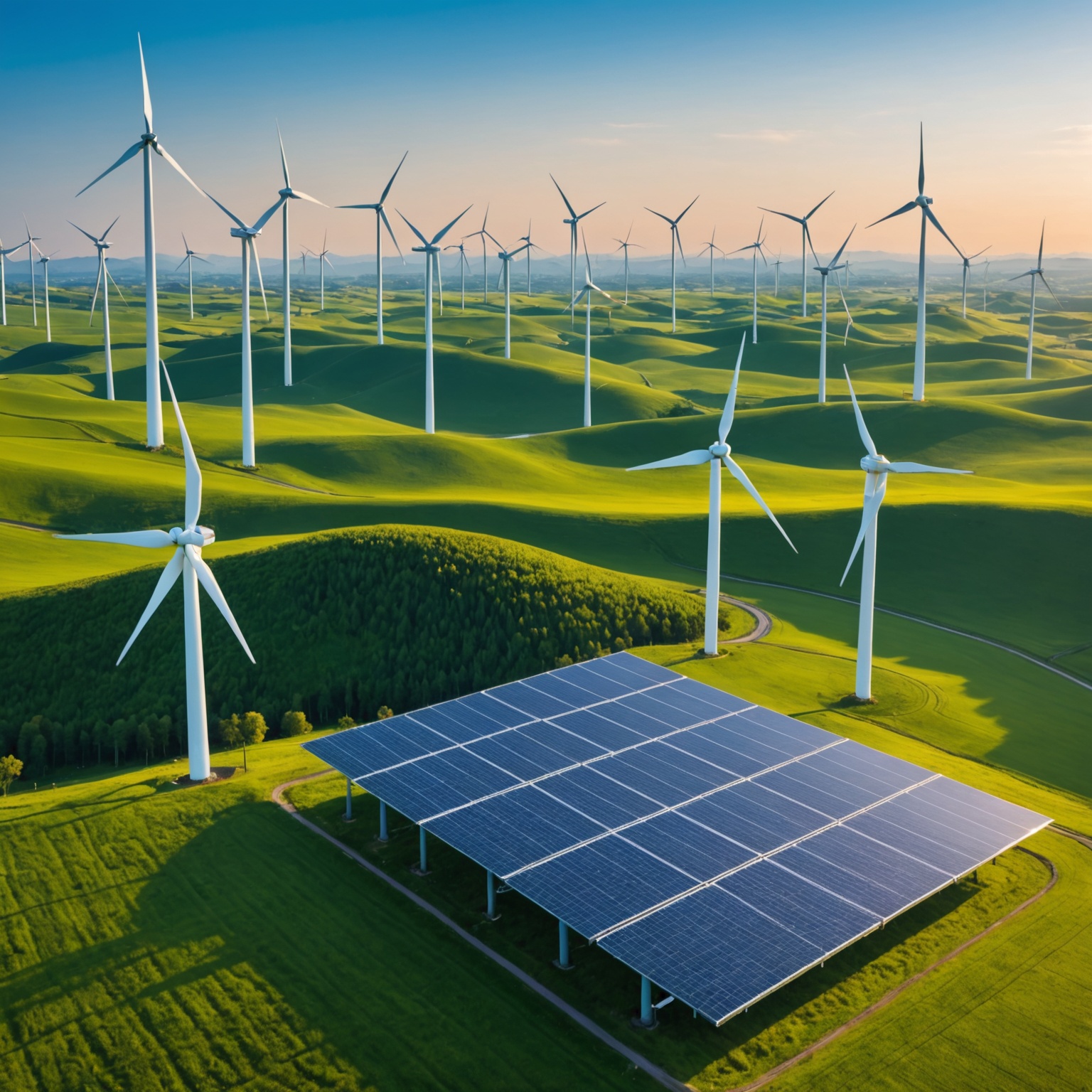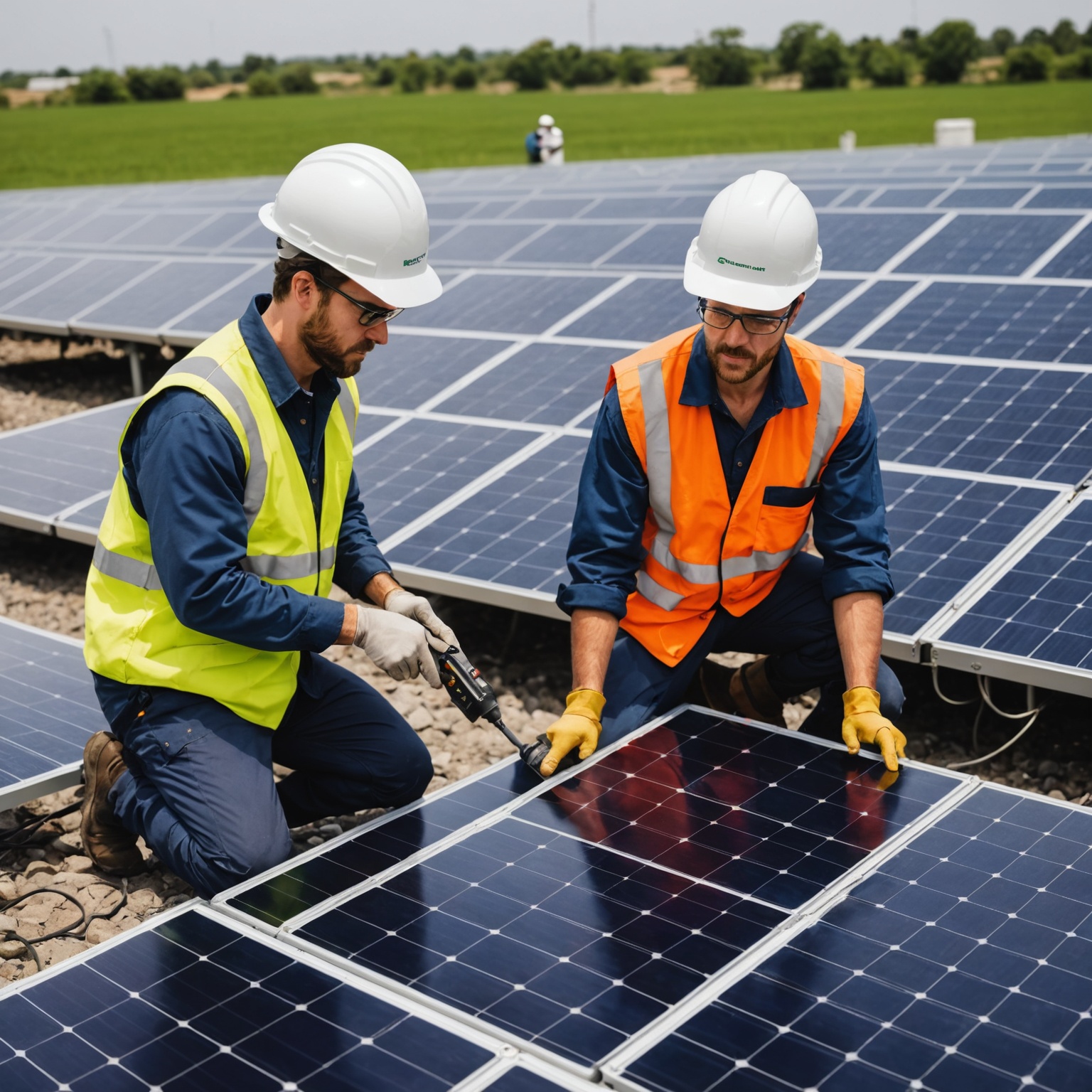The Rise of Green Energy Investments in 2023

The Rise of Green Energy Investments in 2023
In 2023, the landscape of global energy has witnessed a remarkable shift towards sustainability, with green energy investments reaching unprecedented levels. This article delves into the economic and environmental impacts of this surge, providing insights into why renewable energy is now at the forefront of global investment strategies.
Understanding Green Energy Investments
Green energy encompasses sources like solar, wind, hydro, and bioenergy, which are essential for reducing carbon footprints and combating climate change. Investments in these technologies have soared as both governmental and private sectors acknowledge the urgency of transitioning to sustainable energy solutions.
Factors driving these investments include technological advancements, favorable government policies, and increasing awareness about environmental issues. Financial incentives and the falling cost of renewable technologies also play a crucial role in this investment surge.
Moreover, the economic benefits associated with green energy are substantial. These include job creation in new sectors, reduced energy costs over time, and less dependency on imported fuels.
Investors are increasingly attracted to the renewable sector due to its potential for high returns and lower risks compared to traditional energy investments. This shift is not only environmentally strategic but also economically prudent.

Economic Benefits of Green Energy
The economic implications of increased green energy investments are profound. Economies that invest in renewable resources benefit from cleaner environments, improved public health, and an overall increase in economic stability.
Renewable energy projects create more jobs per unit of electricity generated than fossil fuels. For example, solar and wind energy sectors have become significant employers worldwide, driving economic growth in various regions.
Additionally, renewable energy investments help reduce electricity costs in the long term, benefiting consumers and enhancing energy security. Countries that can generate their own energy from renewable sources lessen their dependence on volatile fossil fuel markets.
Lastly, the renewable energy industry attracts significant amounts of foreign direct investment (FDI), which supports economic development in emerging markets. This global financial interest underscores the strategic importance of transitioning to renewable energy sources.

Impact on Global Energy Markets
The surge in green energy investments significantly impacts global energy markets, shifting dynamics from traditional fossil fuels to more sustainable alternatives. This transition not only helps mitigate climate change but also reshapes energy geopolitics.
Countries rich in renewable resources can enhance their energy independence and global standing by becoming net energy exporters. This shift reduces global reliance on oil-rich nations and promotes a more diversified and stable energy supply.
Furthermore, the integration of green technologies like smart grids and energy storage solutions enhances the efficiency and reliability of energy systems worldwide. Such advancements foster a more resilient energy infrastructure capable of supporting the varying output from renewable sources.
The global energy landscape is evolving, with renewable energy at its core. This shift towards green investments is not a trend but a necessary progression towards a sustainable and economically viable future.








